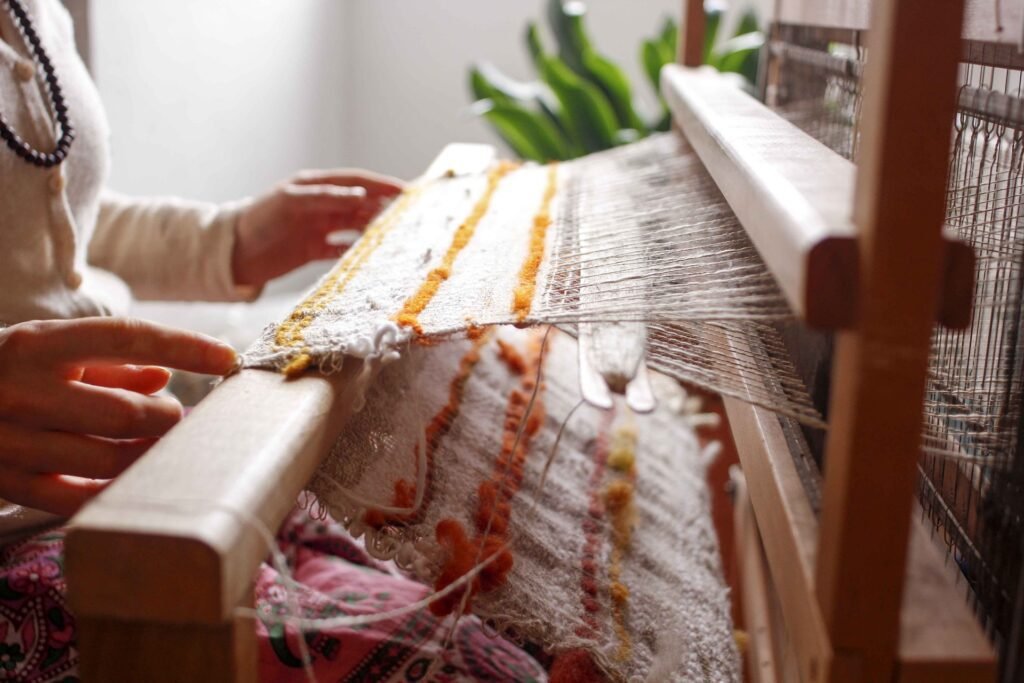
In the evolving landscape of 2024 fashion trends, ethical production practices have become a cornerstone of responsible and forward-thinking brands. This shift is driven by a growing awareness among consumers about the importance of fair labor practices and transparency in supply chains.
Fair Trade Certifications:
Fair trade certifications ensure that workers involved in garment production receive fair wages and work under safe conditions. These certifications also promote community development and empower workers in developing countries by providing them with better working conditions and opportunities for education and healthcare.
Transparent Supply Chains:
Transparent supply chains enable consumers to trace the journey of their garments from raw material sourcing to final production. Brands that prioritize transparency are committed to accountability and reducing the risk of unethical practices such as forced labor and environmental degradation. By fostering transparency, brands build trust with consumers and demonstrate their commitment to ethical standards.
Conclusion:
The integration of ethical production practices into fashion trends not only enhances brand credibility but also contributes to a more sustainable and equitable global fashion industry. As consumers become more informed and conscientious about their purchasing decisions, the demand for ethically produced clothing continues to grow, prompting brands to adopt more responsible practices and contribute positively to social and environmental justice.
